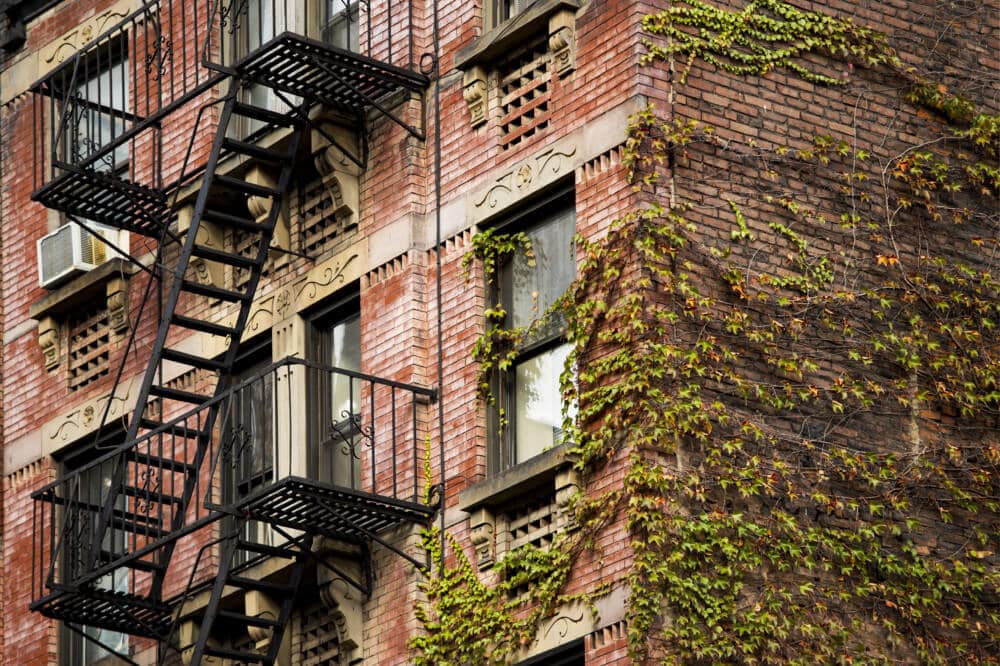Table of Contents Show
Last year’s New York State elections proved to be a big win, not just for Democrats, but also for tenants. With the Democrats now in control of the Senate, they can finally deliver on long-overdue rent reforms. Come June, the city’s rent stabilization laws are up for renewal. A series of loopholes that have dogged advocates for years are now finally insight of being closed or amended. But the thought of this isn’t making landlords happy as they’re worried that their bottom line will be affected. They say that any changes will remove incentives to keep buildings well-maintained. Below are the biggest issues at stake. They’re sure to have both landlords and tenants at the edges of their seats this June.
Table of Contents
Vacancy DeregulationVacancy Deregulation
One of the biggest changes would be an end to vacancy deregulation and the eviction bonus. By the present laws, landlords of rent-stabilized apartments can raise the rent by 20% whenever a tenant leaves, and a new one moves in. That’s a whole lot more than the 1.5% increase the Rent Guidelines Board allows for a one-year lease. If the rent rises to a certain threshold, currently it’s $2,733 a month, then the apartment can be deregulated. The thing is, most people in NYC who land a rent-stabilized apartment don’t tend to move out from it. Because of this, advocates for change say that this dilemma incentivizes landlords to harass tenants until they leave. Landlords argue that vacancy deregulation has helped improve the city’s housing stock. Without it, landlords say they have a hard time making back any capital investments from renovations or maintenance.
According to the NYC Rent Guidelines Board, 53% of deregulated units last year were due to vacancy deregulation. It’s being blamed as the primary reason for the loss of 147,512 rent-regulated units since 1994
Last year a heavily Democratic Assembly passed bills to repeal deregulation. However, a Republican majority in the Senate put a stop to it. With the Democrats now controlling the Senate, it looks like this will be the year that sees the end of this loophole. However, it’s far from guaranteed. Previously, when this issue came up, the threshold for deregulation was raised rather than removed.
Major Capital ImprovementsMajor Capital Improvements
Another highly contested issue concerns Major Capital Improvements (MCI). This allows landlords to hike rents by as much as 6% each year to fund building-wide renovations that affect all tenants. It’s supposed to act as an incentive to landlords for making necessary repairs. But tenants’ advocates say the program is rife with fraud with most changes being minor or unneeded. Once the increase is approved, it’s usually made permanent. Rent reform advocates argue that landlords often overstate the extent and cost of the renovations. Landlords contest this by saying that without the MCI rules, they would have no incentive to make improvements to the building and improve the city’s housing stock.
Reforming Preferential RentReforming Preferential Rent
At present, landlords are allowed to charge a preferential rent which is lower than what tenants can be legally obliged to pay. This is often done to entice new tenants. To be legal, it must be stated in the lease that they’re receiving preferential rent, along with the legal maximum rent. But once the lease renewal comes up, they can then be charged the full legal amount, which can be quite a big jump.
Tenant advocates want to see preferential rent last as long as the tenant lives in the apartment. Like vacancy deregulation, a bill passed the Assembly last year for an end to preferred rent increases on lease renewal. Just like the other, it didn’t get through the Senate, but that could change this year. The latest version of the reform bill will put a cap on any increases while not ending the practice overnight.
Conversions Could Remove Rental InventoryConversions Could Remove Rental Inventory
One big fear is that rent reforms could see a lot of buildings being converted to condos or co-ops as a way to avoid rent regulation. If this happens, then the stock of affordable housing in NYC will go down even further. The laws on conversions come up for renewal at the same time as rent reform, so there will be a lot of pressure to tighten them.

